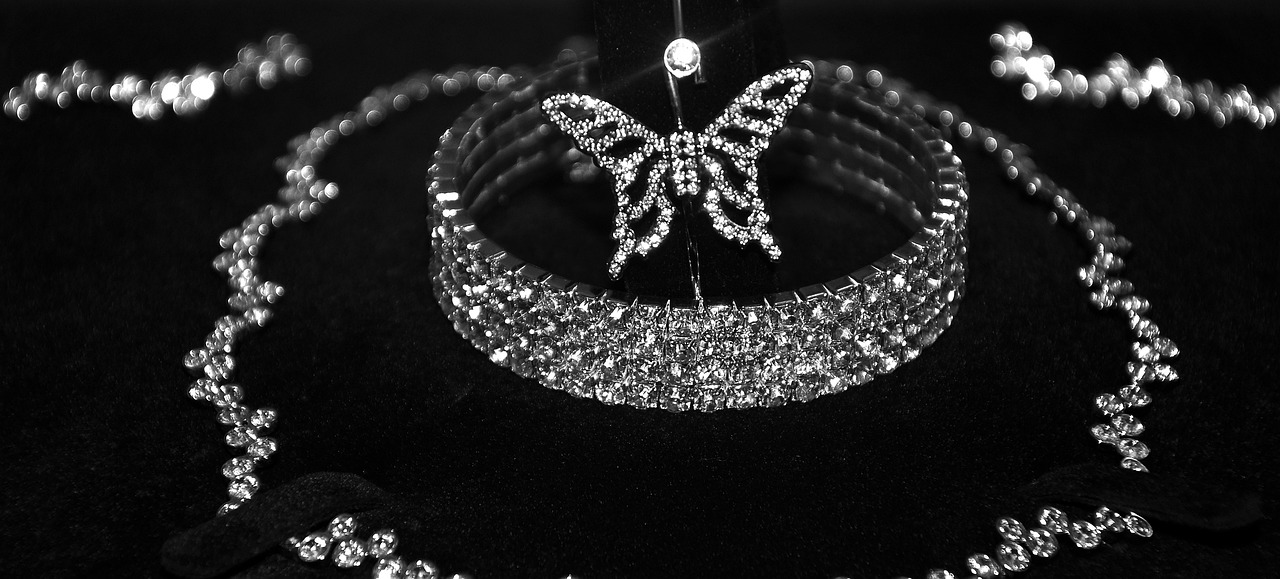The Impact of Fashion Psychology on Formal Wear Marketing Strategies
11xplay, reddy anna book, goldenexch 7777:Fashion psychology plays a crucial role in formal wear marketing strategies, influencing consumer behavior and preferences. Understanding the psychological factors that drive people to choose certain formal wear can help brands tailor their marketing efforts to resonate with their target audience effectively.
1. The Influence of Color Psychology
Color psychology plays a significant role in formal wear marketing. Different colors evoke various emotions and perceptions. For example, black is often associated with elegance and sophistication, making it a popular choice for formal occasions. Understanding the impact of colors on consumer perception can help brands choose the right color schemes for their formal wear collections.
2. The Role of Social Psychology
Social psychology also plays a crucial role in formal wear marketing strategies. People often seek validation from their social circles when choosing what to wear to formal events. Brands can leverage social proof and influencer marketing to create a sense of belonging and desirability around their formal wear collections.
3. The Influence of Body Image
Body image plays a significant role in how people perceive themselves and their clothing choices. Brands that cater to a diverse range of body types and sizes can appeal to a broader audience and build brand loyalty. Understanding the psychological aspects of body image can help brands create inclusive and body-positive marketing campaigns.
4. The Impact of Brand Perception
Brand perception is another critical aspect of formal wear marketing strategies. Consumers often associate specific brands with certain values and qualities. Building a strong brand identity based on trust, reliability, and quality can help brands differentiate themselves in a competitive market. Understanding how brand perception affects consumer behavior can guide marketing efforts towards creating a strong brand image.
5. The Role of Cognitive Bias
Cognitive bias refers to the tendency of people to make decisions based on subjective factors rather than objective reality. Understanding common cognitive biases can help brands create persuasive marketing messages that appeal to consumers’ emotions and instincts. By leveraging cognitive biases in their marketing strategies, brands can influence consumer behavior and drive sales.
6. The Importance of Emotional Engagement
Emotional engagement is essential for building long-lasting relationships with customers. Brands that can evoke positive emotions through their marketing campaigns are more likely to create loyal customers who advocate for their brand. Understanding the emotional triggers that influence consumer behavior can help brands create meaningful connections with their target audience.
FAQs
Q: How can brands use fashion psychology to improve their formal wear marketing strategies?
A: By understanding the psychological factors that influence consumer behavior, brands can create targeted marketing campaigns that resonate with their target audience effectively.
Q: What are some common cognitive biases that brands can leverage in their marketing strategies?
A: Some common cognitive biases include social proof, scarcity, and anchoring. By understanding these biases, brands can create persuasive marketing messages that influence consumer behavior.
In conclusion, fashion psychology plays a vital role in formal wear marketing strategies, helping brands understand consumer behavior and preferences. By incorporating psychological insights into their marketing efforts, brands can create compelling campaigns that resonate with their target audience and drive sales.







